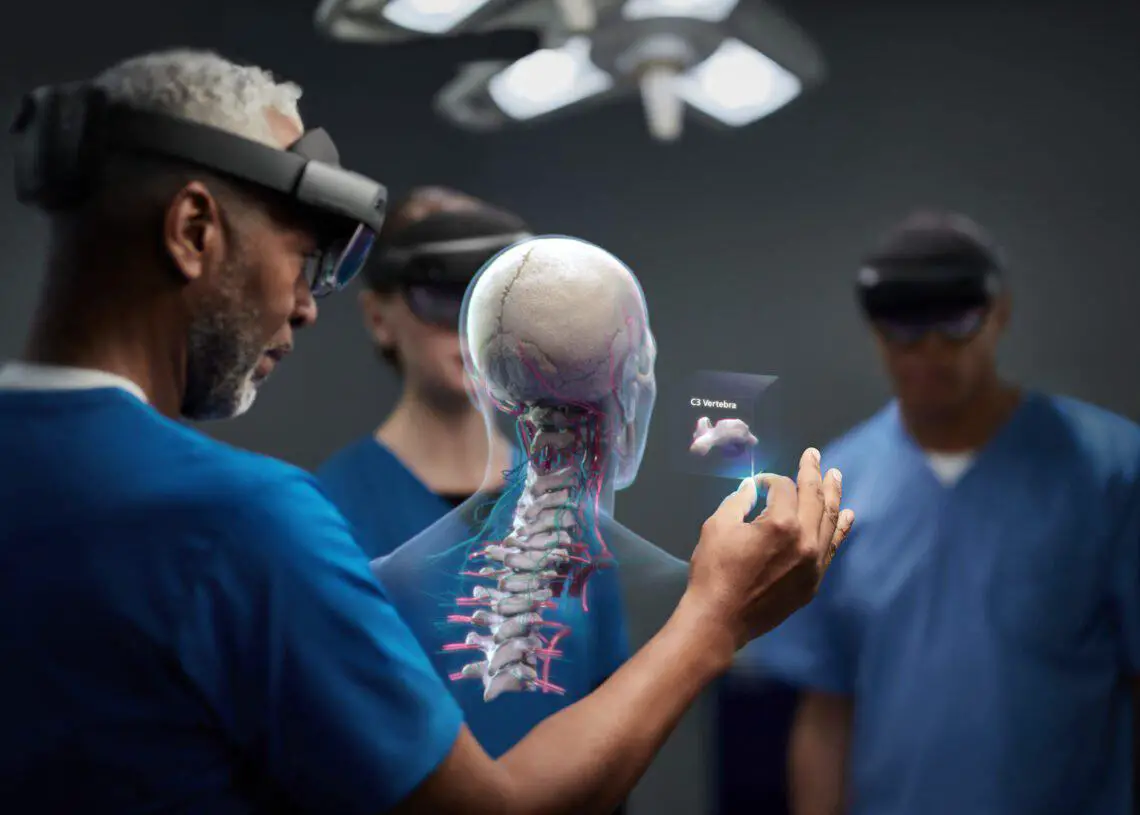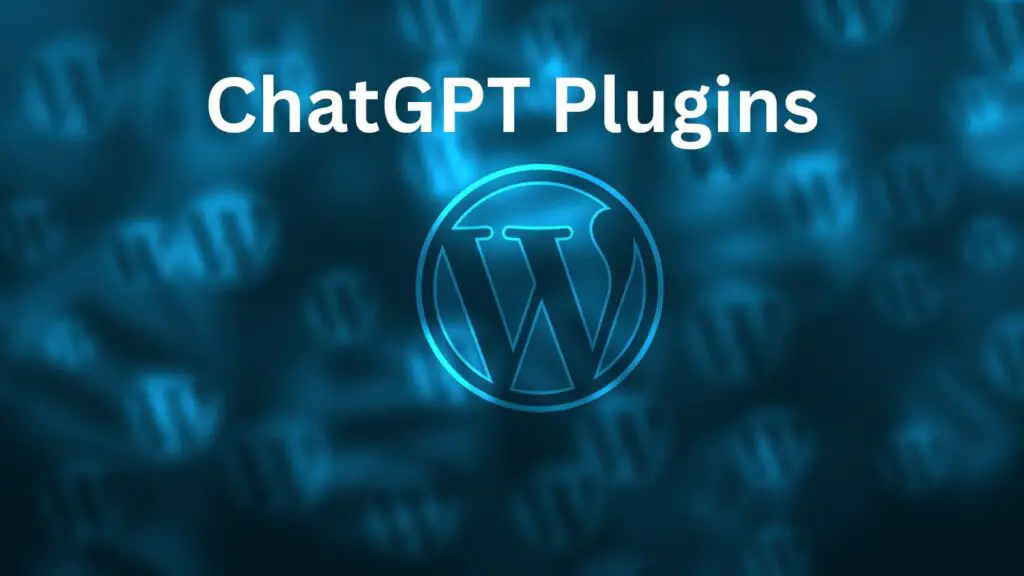What is AI Healthcare Pods?
AI healthcare pods represent a significant advancement in the integration of technology and medicine. These self-contained, autonomous units offer a range of services, combining state-of-the-art diagnostics with real-time health monitoring.
The pods feature a user-friendly design that encourages interaction, with sensors and screens that assess health status upon entry. Advanced algorithms and machine learning models work together with biometric scanners and diagnostic tools to evaluate various health metrics, from blood pressure and glucose levels to complex biomarkers indicating predispositions to certain health conditions.
The efficiency of these pods is remarkable, providing comprehensive health evaluations within minutes. They offer personalized health recommendations based on the findings, customized for each individual’s health data. This capability is particularly useful for managing and preventing chronic illnesses, such as diabetes or cardiovascular conditions, by leveraging real-time data to help users maintain optimal health.
AI healthcare pods are equipped to handle routine health checks and specific diagnostic tests, such as blood samples and biometric scans. As they become more accessible in public venues like shopping malls and offices, they integrate health management into daily routines, making preventive care more convenient and less invasive.
Data privacy and security are critical aspects of these pods, with sophisticated measures in place to protect personal health information against unauthorized access. While AI healthcare pods are technologically advanced, they complement traditional healthcare by providing additional, easily accessible avenues for health monitoring and early detection of potential health risks.
Comparison with Traditional Healthcare
AI-powered healthcare pods differ from traditional medical practices in several ways. The most apparent difference is their operational efficiency. CarePods streamline the process considerably, with users engaging with diagnostic tools and AI systems designed to evaluate their health rapidly and comprehensively, offering immediate insights and advice without extended wait times.
Accessibility is another area where CarePods excel. They can be deployed in accessible places such as malls or workplaces, operating beyond normal clinic hours and offering unprecedented access to medical diagnostics. Traditional healthcare often requires scheduling appointments, which can be limited by clinic hours and available staffing, creating barriers for people with demanding jobs or those in remote areas.
While AI healthcare pods excel in preventive care and routine screenings, quickly evaluating health data to detect trends and suggest interventions, traditional healthcare effectively addresses a broad spectrum of health issues through the expertise of specialized practitioners. The personal touch and specialized care offered by face-to-face interactions with medical professionals can lead to a deeper understanding of complex health conditions and more personalized care.
In summary, AI healthcare pods and traditional medical practices have distinctive strengths. The integration of AI pods into daily environments, along with their efficiency and preventative capabilities, presents an innovative complement to conventional healthcare. Both systems will likely continue to coexist, addressing specific needs within the broader healthcare spectrum.

Challenges and Limitations
Integrating AI healthcare pods into mainstream healthcare systems presents several challenges and limitations:
- Regulatory issues are paramount, as these innovative systems must gain approval from various regulatory bodies, a process that can be slow and complicated by evolving regulations that differ from one region to another.
- The technological infrastructure of AI pods needs to be robust to ensure data privacy and prevent technical failures that could have severe implications. Perfecting such technology requires time and resources, often leading to high operational costs.
- Public skepticism and resistance to entrusting health diagnostics to machines is another challenge. Many individuals may question whether an AI system can contextualize their health issues with the same intricacy as a human doctor, especially when considering mental health or complex medical conditions requiring nuanced judgment.
- While AI pods offer easy access to health monitoring, they are predominantly suited for preventive care and routine checks. They can’t perform intricate medical procedures or replace the essential interactive, empathetic aspects of doctor-patient relationships. Immediate and long-term care management, particularly for patients with chronic illnesses or complicated medical histories, remains dependent on traditional healthcare providers.
Addressing these challenges requires continuous research, public dialogue, investment in system security, rigorous clinical trials to validate efficacy, and thoughtful integration strategies that respect both technological and human aspects of healthcare. Ongoing technological advancements must align with ethical standards, regulatory approvals, and societal acceptance to fully realize the potential of AI healthcare pods in enhancing health and well-being.

Future Prospects
The future of AI in healthcare suggests a thrilling confluence of innovation and expanded service domains. AI systems may not only refine their present capabilities but also pioneer new ones, potentially transforming every facet of healthcare.
Predictive healthcare, powered by AI, could dramatically change preventive care, reducing the burden of diseases globally. Telemedicine, enriched with AI capabilities like natural language processing and machine learning, could provide more thorough and nuanced virtual consultations. Initiatives to include AI in routine home devices could transform ordinary gadgets into vital health monitoring tools.
Expansion plans for AI healthcare pods include multimodal operational enhancements that would permit these pods not just in public spaces but also in homes, vastly expanding their accessibility. A network of interconnected pods, seamlessly exchanging health data while ensuring stringent privacy protocols, could enhance communication between pods and healthcare facilities.
Harnessing quantum computing could drastically cut down the time required for complex data computations in genetic sequencing and biometric data processing, leading to ultra-precise personalized medicine strategies crafted in real-time1.
Advanced collaboration between AI systems across different regions could lead to a ‘Global Health Watch’—a unified system able to detect and analyze global health trends and outbreaks at unparalleled speed. The integration of global health data with AI could not only address but also anticipate and nullify health crises through coordinated, data-informed responses2.
These prospects signify a forthcoming era where preventative care is commonplace and routine, and health management is seamlessly integrated into our daily lives in a non-intrusive, empathetic, and efficient manner. The evolution of AI in healthcare technology heralds a promising future, where advanced technology and human-centric care converge to create a robust, accessible, and efficient healthcare system.


